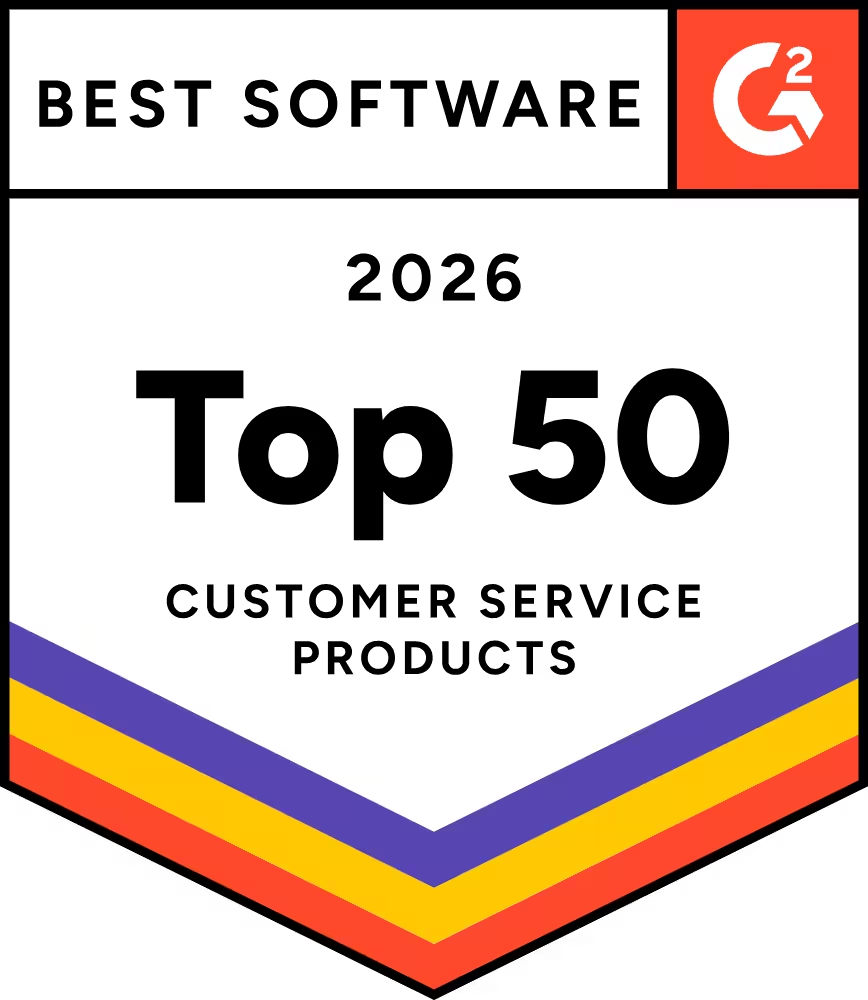

The landscape of customer success is rapidly evolving, making it essential for organizations to stay ahead of the curve and adapt to emerging trends. Several key trends are predicted to shape the customer success landscape. These trends will revolve around renewals, digital-led practices, tighter budgets, value emphasis, engagement prioritization, broader responsibilities for CSMs, and greater employability. Let's delve into these trends and examine their potential impact on customer success teams in the upcoming year.
Renewals, Retention, and Customer Centricity: The New Priorities
Customer success teams will place renewals and retention at the forefront to boost net renewal rates. This is vital as the prospects for new business are uncertain due to slow growth. Organizations will lean on customer success to retain clients and drive success in a challenging economic environment. By concentrating on renewals and retention, customer success teams can ensure their clients' long-term success and stimulate revenue growth.Furthermore, companies will prioritize customer centricity, building on the accelerated shift towards customer experience. However, they must be wary of customer 'QBR fatigue' and avoid meetings that solely benefit the vendor. This customer-centric approach will also necessitate organizations to step up their commitment to email deliverability best practices, ensuring effective communication with their customers.
The Rise of Digital-Led Practices and Self-Service Options
Digital-led customer success practices are set to become mainstream, enabling CS teams to focus on adoption, value attainment, and contract growth. Customers may opt for self-service options to cut spending, with research suggesting that up to 80% of customer engagements could be managed by bots. CS leaders will structure organizations around digital-led, human-engagement models. This shift towards digital-led practices will empower customer success teams to scale their efforts and provide a consistent experience to a significantly larger user base.
Navigating Tighter Budgets and Driving Efficient Outcomes
CS budgets may be slashed, leading to the adoption of scaled CS models with a balance of high-touch, low-touch, and tech-touch approaches. Some companies may monetize CS offerings through success plans or elevated support tiers to grow ARR. Customer success teams will need to find innovative ways to deliver value with limited resources and demonstrate their ability to deliver improved financial performance. With the threat of a looming recession, driving customer outcomes efficiently will be crucial.
The Importance of Value, Engagement, and Enhanced Onboarding Experience
Proactive engagement will be a priority as customers take the lead. CS teams will adopt a customer-centric philosophy, nurturing customer ambitions, modifying delivery, and proactively improving brand value. By focusing on value and engagement, customer success teams can build strong relationships with their clients and drive customer satisfaction and loyalty.Customer onboarding will also be a critical activity in customer success companies, where leaders must demonstrate their value to customers and the organization by enhancing the onboarding experience. This will involve evaluating their teams, tools, and customer journeys for efficiency.
The Evolution of Skills, Capabilities, and Professional Development
CSMs will evolve their skills and capabilities to meet the needs of customers and their executive teams. Pure 'relationship management' CSMs, with access to onboarding specialists, product specialists, and account management layers, will become a structure of the past. Customer success teams will need to specialize in one of two categories and develop expertise in their respective areas.Moreover, CS enablement and professional development will become top priorities, with leaders investing more in training and development to strengthen existing talent. The average salary for a Customer Success Manager in the US is $74,500 per year, but those with over 20 years of experience can earn an average total compensation of $100,474, with San Francisco, California being the highest paying city for Customer Success Managers.
The Integration of AI, Automation, and Parallel Departments
Customer success teams will witness the remarkable and tangible benefits of AI. From tailored next-best outcome recommendations for customers based on real-time data to digital customer education content personalized for individual users, companies will successfully integrate curated high-touch with scale. Augmented customer journey mapping, dynamic customer success playbooks, and predictive customer journey monitoring will enable companies to learn from the patterns of their most successful customers and drive smarter, faster revenue growth.Moreover, having customer success and customer experience as parallel departments is a growing trend, emphasizing the importance of highly personalized and proactive customer service at scale for organizational and customer success.
The Pivotal Role of Customer Success in Revenue Growth and Customer Experience
Customer success teams will be expected to take on expanded commercial responsibilities that enable them to measurably contribute to top-line revenue growth. B2B and B2C companies across industries will increasingly recognize the pivotal role that customer success plays in retaining existing clients, driving revenue, and fostering sustainable growth. In the future, customer success teams will have to specialize in one of two categories and demonstrate their impact on the business bottom line.Customer experience is crucial for buying decisions and loyalty, as positive experiences lead to repeat purchases (89%) while poor experiences cause customers to switch to competitors (58%), resulting in a $62 billion loss for US businesses. Therefore, it is expected that 40% of companies will support customers at all times and give them the best experiences.
Navigating the Future of Customer Success with Userguiding
As the customer success landscape evolves, it is crucial for organizations to stay ahead of the curve and adapt to emerging trends. Userguiding, a leading provider of customer success solutions, understands the importance of staying up-to-date with the latest trends and technologies. With Userguiding's innovative platform, organizations can embrace digital-led practices, prioritize renewals and retention, and deliver exceptional value and engagement to their customers. By partnering with Userguiding, companies can navigate the evolving customer success landscape and drive success in the years to come.















.svg)
.svg)
.svg)
.svg)
.svg)











.svg)
.svg)




.png)

















